To support this special group of women, the Green Development Support Center (GreenHub) has coordinated with the Provincial Women's Union to organize training to improve the management and operation capacity of Women's Clubs for collecting recyclable waste - a small model but of great significance.
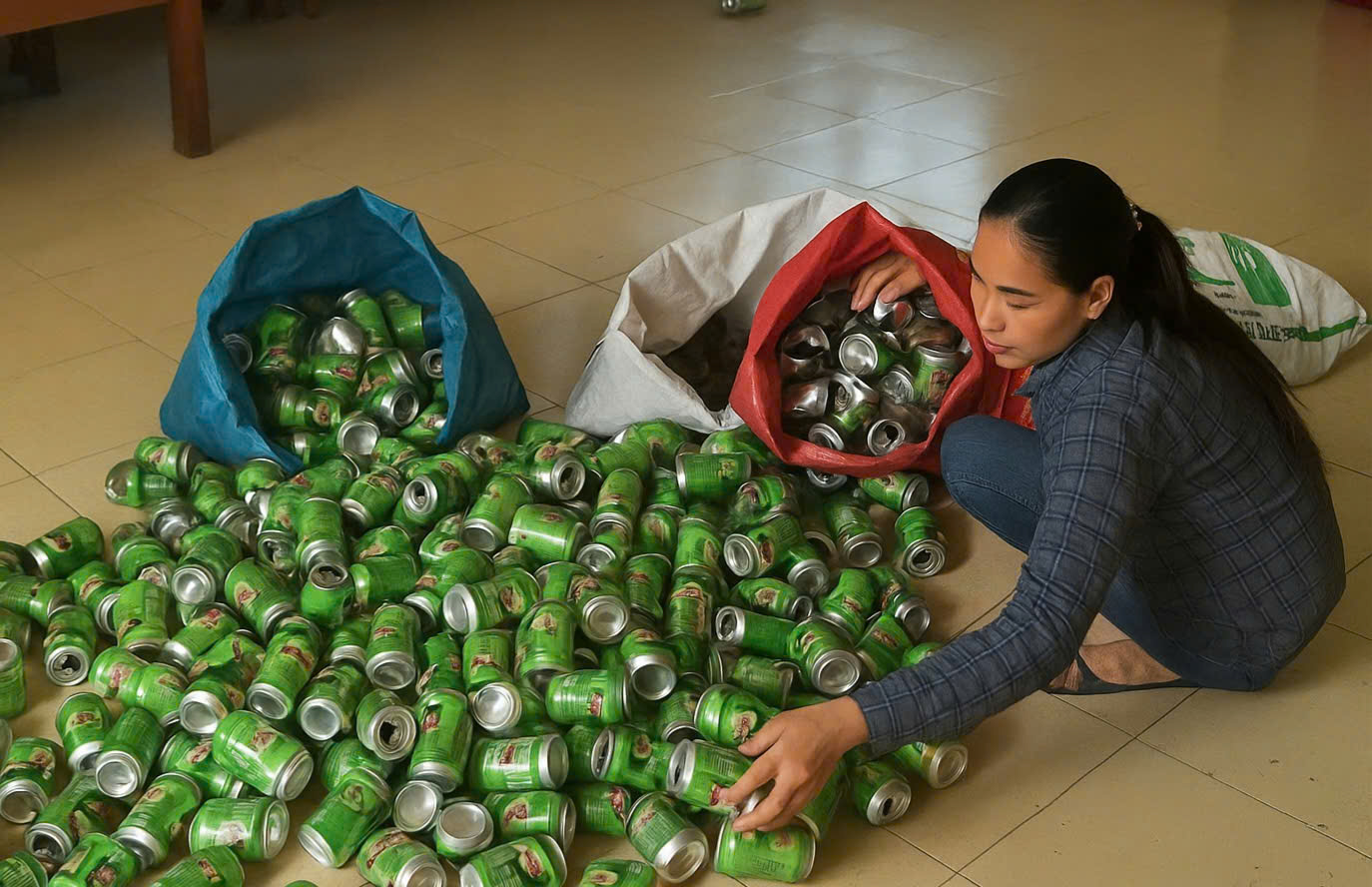 |
| Women collecting scrap metal are actively contributing to reducing plastic waste and protecting the environment today. Photo: Contributor |
Quietly contribute
According to the World Bank, Vietnam generates about 70,000 tons of household waste every day - equivalent to more than 25 million tons per year, and this number is still increasing due to urbanization, consumption and tourism.
In Phu Yen alone, according to the Department of Agriculture and Environment, the amount of solid waste generated each day is up to 706 tons, but only about 78% is collected and treated. The rest is buried in overloaded landfills, burned in the open or drifted into rivers and seas, causing serious consequences for the environment and public health.
In the midst of this cycle, there is a silent force that is quietly contributing to reducing the load on the garbage collection system - that is the scrap dealers, most of whom are poor women. In Phu Yen, the whole province has about 1,600 women making a living from this job. They are the informal garbage collectors, playing an important role in sorting and recycling, contributing significantly to reducing plastic waste and protecting the living environment.
According to World Bank statistics, this informal workforce collects up to 30-40% of the recyclable waste in urban areas. They work in dangerous conditions, have unstable incomes, no insurance, no social security, live quietly, have no voice and lack a common roof to connect and share.
Efforts to accompany
Understanding the value of contributions as well as the disadvantages of this group of female workers, GreenHub has coordinated with the Provincial Women's Union to organize a training course on "Management, monitoring - evaluation - learning mechanism to operate the Women's Recycling Club" for grassroots union officials. The training course not only equips the knowledge and skills to organize and operate the club but also brings a new perspective on the professionalism and sustainability in the activities of this force.
According to Ms. Nguyen Bao Han, GreenHub Coordinator, the reason for choosing the Women's Union as a partner is because this organization has a solid system from the province to the village, especially its understanding of the area and ability to reach the people. "The grassroots women's union will be the fulcrum to support, connect and protect the rights of the group of women who collect recyclable waste - so that they are no longer alone on their journey for the environment," Ms. Han shared.
The Women’s Recycling Club is a small but meaningful model. This model not only creates a space for connection, supports livelihoods and protects the rights of women waste collectors, but also helps them to be recognized, honored and empowered. However, the implementation of this model requires more practical support from organizations and local authorities in terms of finance, training and policies to protect the rights of this special group of women workers.
At the training course, experts introduced the model of Women's Club for collecting recyclable waste, provided guidance on developing operating regulations, methods for monitoring and evaluating effectiveness, and shared knowledge about circular economy, recycling trends and sustainable development.
Dr. Dinh Thi Thu Trang, solid waste management expert and founder of the Vietnam Waste Management Network, said: It is necessary to officially recognize the role and contribution of informal waste collectors if we want to move towards a sustainable waste management system.
However, the journey to build and operate Women's Clubs to collect recyclable waste at the grassroots level is not easy. Many grassroots association officials have shared that gathering women who buy and sell scrap, who work scattered and spontaneously, is a big challenge.
Ms. Tran Thi Ngoc Dinh, President of the Women's Union of Hoa My Tay Commune (Tay Hoa District) shared: Due to the nature of their work, women often leave early and come home late, and do not have time to participate in regular activities. Mobilizing them to join the Club and then maintaining stable activities requires support from many sides. Some women are hesitant to participate in organizational activities. To make them trust and stick with the Club, it takes a long process, with companionship, listening, and especially practical livelihood support models.
Not only Ms. Dinh but also many association officials believe that it is not easy to mobilize women who collect informal recyclable waste to join the club, because they are used to working independently, afraid of wasting time or affecting their income. If there is no funding to maintain regular activities or initial material support, and no specific support mechanism, it is very difficult to maintain the model in the long term...
Source: https://baophuyen.vn/xa-hoi/202504/nang-buoc-nhung-nguoi-giu-moi-truong-tham-lang-9071a38/


![[Photo] President Luong Cuong presents the decision to appoint Deputy Head of the Office of the President](https://vphoto.vietnam.vn/thumb/1200x675/vietnam/resource/IMAGE/2025/5/8/501f8ee192f3476ab9f7579c57b423ad)

![[Photo] Prime Minister Pham Minh Chinh meets with the Policy Advisory Council on Private Economic Development](https://vphoto.vietnam.vn/thumb/1200x675/vietnam/resource/IMAGE/2025/5/8/387da60b85cc489ab2aed8442fc3b14a)

![[Photo] National Assembly Chairman Tran Thanh Man chairs the meeting of the Subcommittee on Documents of the First National Assembly Party Congress](https://vphoto.vietnam.vn/thumb/1200x675/vietnam/resource/IMAGE/2025/5/8/72b19a73d94a4affab411fd8c87f4f8d)
![[Photo] General Secretary concludes visit to Azerbaijan, departs for visit to Russian Federation](https://vphoto.vietnam.vn/thumb/1200x675/vietnam/resource/IMAGE/2025/5/8/7a135ad280314b66917ad278ce0e26fa)

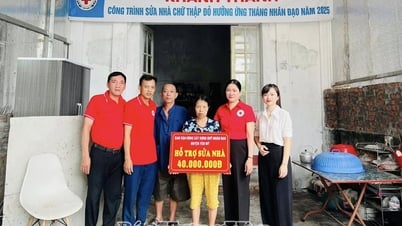
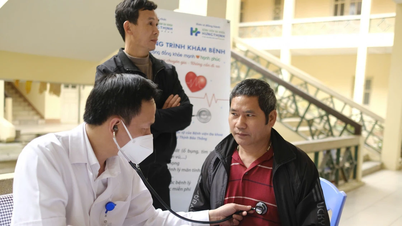
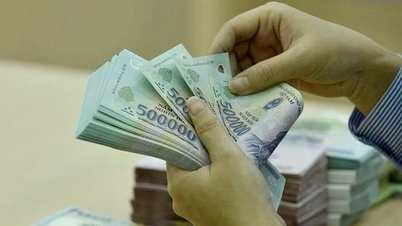
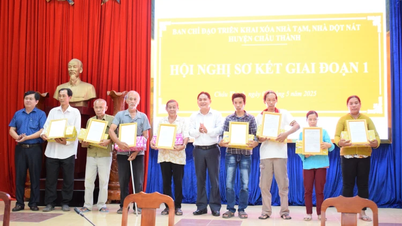
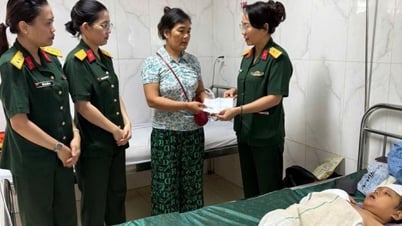






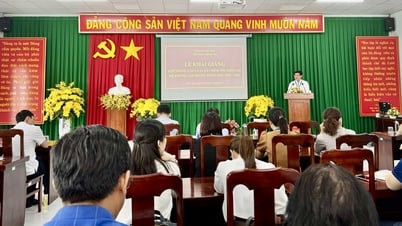
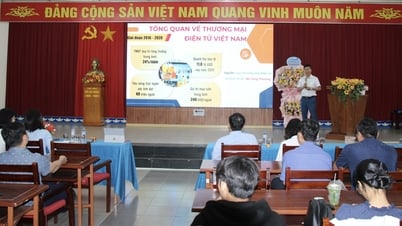

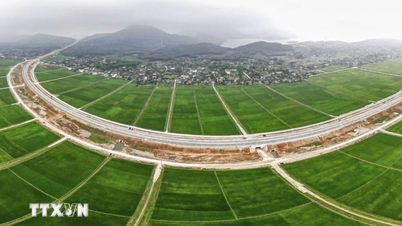

































![[Photo] Prime Minister Pham Minh Chinh talks on the phone with Singaporean Prime Minister Lawrence Wong](https://vphoto.vietnam.vn/thumb/402x226/vietnam/resource/IMAGE/2025/5/8/e2eab082d9bc4fc4a360b28fa0ab94de)




























Comment (0)